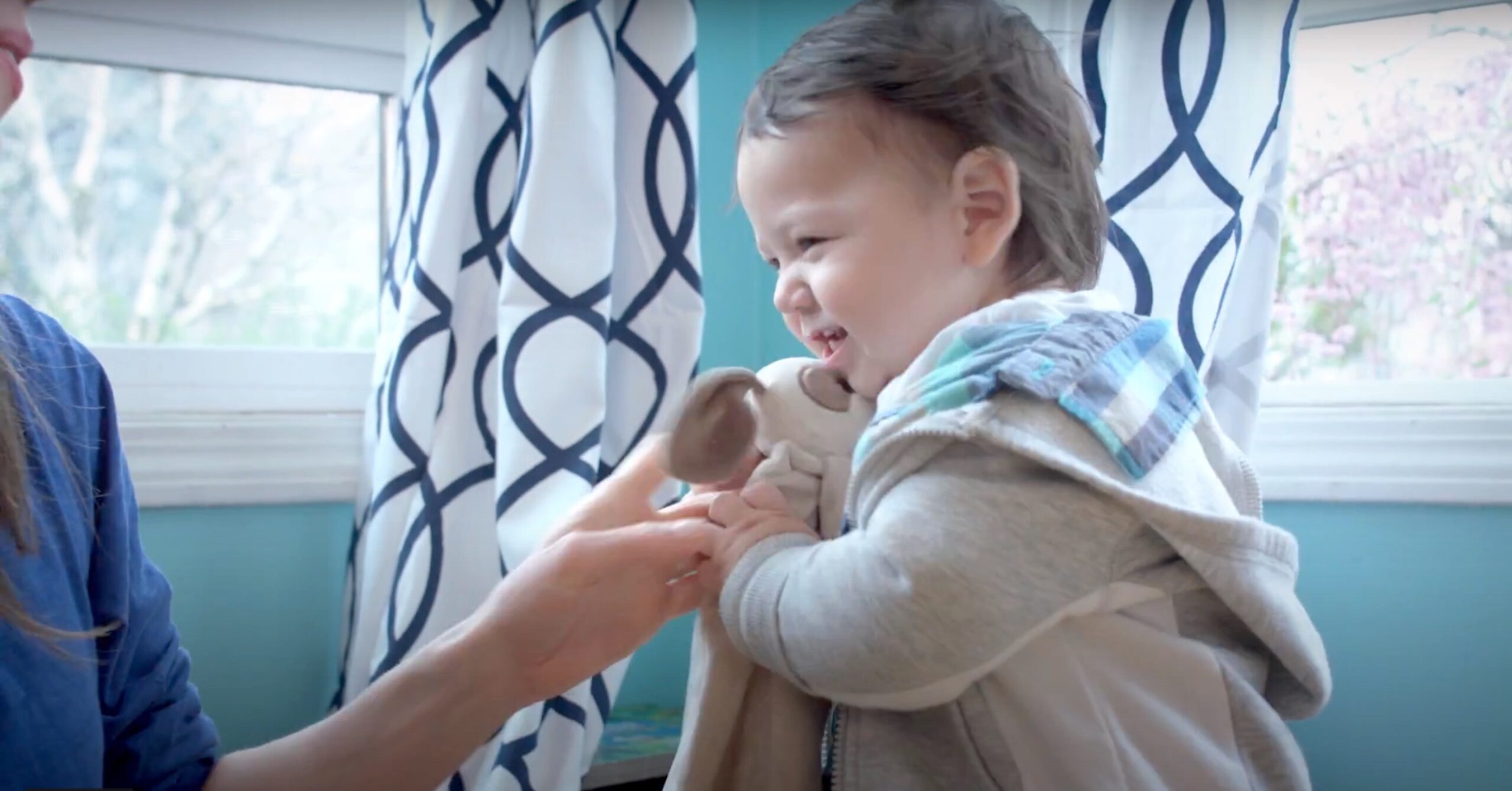
Choose your battles wisely.
• Go ahead and give in a little sometimes, so that your child has a healthy sense of control. Key words are “a little sometimes”; giving your child too much control will only increase tantrums.
• Acknowledge or thank your child when she manages frustration or cooperates.
Set your child up for success.
• Know your child’s temperament and limits. Depending on your child, some days may be harder than others.
• Let your child know the day’s schedule so she knows your expectations and the general timing of the day’s events. Predictability can help.
• If tantrums happen when your child is hungry, have healthy snacks available both at home and out.
• If your child is tired, it might be better to miss an event and rest instead.
• Pay attention to any changes in your schedule or stress level; consider how they might affect your child.
• Develop strategies for transitions that your child may have difficulty with, like switching activities.
• Try using a timer to let your child know in five minutes “time is up.” If your child still has difficulty stopping, plan a time to return to the activity.
Be consistent.
• Your child is dealing with never-ending changes as her body and brain develop. Establishing routines can be calming to her.
• Try to stay on schedule as much as possible, especially for eating, sleeping, and nap time.
• Do not ignore behaviors like hitting, kicking, or biting. Have a zero-tolerance policy. Help your child express feelings in play or words instead.
• Explain any changes in routines or caregiver so your child has plenty of time to prepare for these changes.
Empower your child.
• Throughout the day, offer your child several small choices that have two or three options to give her a sense of control. Do not leave the options too open. For example, you might ask, “Do you want to read a book or tell stories before you go to bed?” but not, “What do you want to do before you go to bed?”
• Let your child know that everyone feels angry sometimes, but that using words to express her frustrations can help find solutions.
| Cookie | Duration | Description |
|---|---|---|
| __stripe_mid | 1 year | Stripe sets this cookie cookie to process payments. |
| __stripe_sid | 30 minutes | Stripe sets this cookie cookie to process payments. |
| cookielawinfo-checkbox-advertisement | 1 year | Set by the GDPR Cookie Consent plugin, this cookie is used to record the user consent for the cookies in the "Advertisement" category . |
| cookielawinfo-checkbox-analytics | 11 months | This cookie is set by GDPR Cookie Consent plugin. The cookie is used to store the user consent for the cookies in the category "Analytics". |
| cookielawinfo-checkbox-functional | 11 months | The cookie is set by GDPR cookie consent to record the user consent for the cookies in the category "Functional". |
| cookielawinfo-checkbox-necessary | 11 months | This cookie is set by GDPR Cookie Consent plugin. The cookies is used to store the user consent for the cookies in the category "Necessary". |
| cookielawinfo-checkbox-others | 11 months | This cookie is set by GDPR Cookie Consent plugin. The cookie is used to store the user consent for the cookies in the category "Other. |
| cookielawinfo-checkbox-performance | 11 months | This cookie is set by GDPR Cookie Consent plugin. The cookie is used to store the user consent for the cookies in the category "Performance". |
| CookieLawInfoConsent | 1 year | Records the default button state of the corresponding category & the status of CCPA. It works only in coordination with the primary cookie. |
| elementor | never | This cookie is used by the website's WordPress theme. It allows the website owner to implement or change the website's content in real-time. |
| viewed_cookie_policy | 11 months | The cookie is set by the GDPR Cookie Consent plugin and is used to store whether or not user has consented to the use of cookies. It does not store any personal data. |
| Cookie | Duration | Description |
|---|---|---|
| mailchimp_landing_site | 1 month | The cookie is set by MailChimp to record which page the user first visited. |
| Cookie | Duration | Description |
|---|---|---|
| _ga | 2 years | The _ga cookie, installed by Google Analytics, calculates visitor, session and campaign data and also keeps track of site usage for the site's analytics report. The cookie stores information anonymously and assigns a randomly generated number to recognize unique visitors. |
| _gat_gtag_UA_46801669_2 | 1 minute | Set by Google to distinguish users. |
| _gid | 1 day | Installed by Google Analytics, _gid cookie stores information on how visitors use a website, while also creating an analytics report of the website's performance. Some of the data that are collected include the number of visitors, their source, and the pages they visit anonymously. |
| tk_lr | 1 year | The tk_lr is a referral cookie set by the JetPack plugin on sites using WooCommerce, which analyzes referrer behaviour for Jetpack. |
| tk_or | 5 years | The tk_or is a referral cookie set by the JetPack plugin on sites using WooCommerce, which analyzes referrer behaviour for Jetpack. |
| tk_r3d | 3 days | JetPack installs this cookie to collect internal metrics for user activity and in turn improve user experience. |
| tk_tc | session | JetPack sets this cookie to record details on how user's use the website. |
| Cookie | Duration | Description |
|---|---|---|
| cookies.js | session | No description available. |
| m | 2 years | No description available. |
This content is exclusive to CuddleBright® customers.
Experience CuddleBright® today!
Already a customer? Login to view.